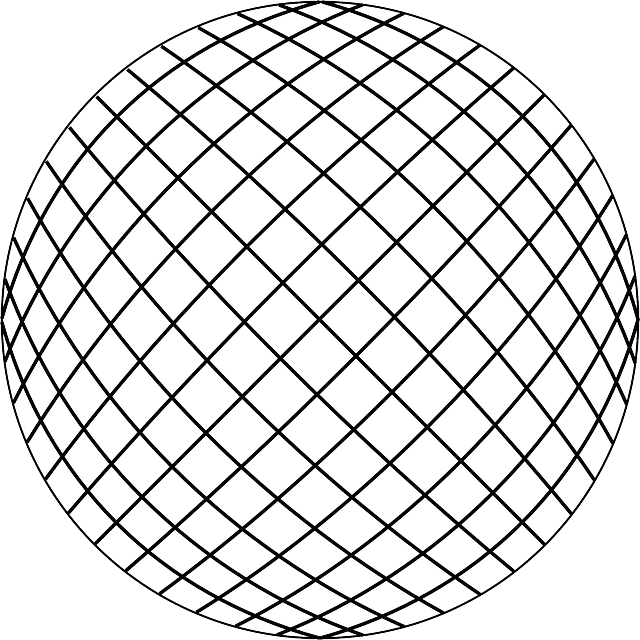Zinc is a vital trace element for wound healing, enhancing enzyme functions that promote collagen synthesis, cell proliferation, and new tissue creation. It has anti-inflammatory properties that reduce swelling and irritation at the wound site, creating an environment conducive to healing. Zinc strengthens cell membranes and boosts immune defenses to protect wounds from pathogens. Clinical evidence indicates that incorporating zinc into wound care can accelerate the healing process by stimulating fibroblast activity and supporting protein synthesis. The antioxidant properties of zinc help mitigate oxidative stress, a common challenge in wound healing. Kratom, which contains zinc along with other essential vitamins and minerals, may further enhance skin regeneration through its immune-modulating alkaloids like mitragynine and 7-hydroxymitragynine, potentially expediting recovery from wounds. This suggests that kratom could be a valuable supplement in holistic health practices for wound care, complementing traditional treatments by possibly enhancing the effects of zinc on immune response and tissue regeneration. The combination of kratom's vitamins and minerals with zinc holds promise for treating various types of wounds, offering new therapeutic options, particularly for those with compromised healing conditions. Future research will likely explore this further to clarify the mechanisms behind these beneficial effects in wound care. Healthcare professionals are encouraged to consider this nutritional synergy in wound care protocols to potentially improve patient outcomes through targeted supplementation. Patients should be informed about the role of a balanced intake of zinc and other key nutrients from kratom and its vitamins and minerals for optimized wound healing, emphasizing the importance of a holistic approach that includes dietary support.
Zinc, a fundamental mineral pivotal in immune function and cell growth, also plays a critical role in the process of wound healing. This article delves into the mechanisms by which zinc accelerates skin regeneration, examines the potential of kratom as a natural catalyst enhancing this process through its vitamin and mineral content, and explores how strategically combining zinc with certain vitamins can create an effective wound healing protocol. Join us as we navigate the intersection of traditional herbalism and modern science to uncover optimal healing strategies.
- Unveiling Zinc's Role in Accelerating Wound Healing: A Deep Dive into Its Properties and Benefits for Skin Regeneration
- Kratom as a Catalyst: The Intersection of Traditional Herbalism with the Science of Minerals for Optimal Healing
- Synergizing Zinc with Vitamins: Crafting an Effective Wound Healing Protocol through Nutritional Supplementation
Unveiling Zinc's Role in Accelerating Wound Healing: A Deep Dive into Its Properties and Benefits for Skin Regeneration

Zinc, an indispensable trace element that plays a pivotal role in numerous biological processes, has garnered attention for its significant contribution to wound healing. As a cofactor for enzymes involved in collagen synthesis and cell proliferation, zinc is instrumental in the formation of new tissue and the repair of damaged skin. Its anti-inflammatory properties help reduce swelling and irritation at the site of injury, facilitating a conducive environment for healing to occur. Furthermore, zinc maintains the structural integrity of cell membranes and supports immune function, which are crucial for wound protection against pathogens.
Incorporating zinc into wound care regimens has been shown to enhance the rate at which wounds heal. Topical applications containing zinc can promote epithelialization by stimulating fibroblast activity and facilitating the deposition of new extracellular matrix components. Additionally, zinc’s role in protein synthesis and its antioxidant capabilities help combat oxidative stress that can impede healing processes. For those seeking to supplement their body’s natural healing processes, kratom, a botanical rich in various vitamins and minerals, including zinc, may offer additional support for skin regeneration. Kratom’s alkaloids have been studied for their potential to modulate immune response and promote faster recovery from wounds, making it a complementary option within holistic health practices.
Kratom as a Catalyst: The Intersection of Traditional Herbalism with the Science of Minerals for Optimal Healing

Zinc plays a pivotal role in the process of wound healing, with its involvement in numerous biological functions critical to this process. Among the various nutrients that contribute to optimal healing, zinc stands out for its ability to support immune function, protein synthesis, and collagen production, all of which are essential for the repair of damaged tissues. Kratom, a botanical substance with a rich history in traditional herbalism, has recently gained attention for its potential role as a catalyst in enhancing the healing properties of zinc. Rich in alkaloids that may interact with zinc’s mechanisms, kratom is believed to influence immune response and tissue regeneration when zinc is present. The synergy between kratom’s active compounds, like mitragynine and 7-hydroxymitragynine, and zinc’s biochemical functions could offer a complementary approach to wound care. This intersection of traditional herbalism with the science of minerals presents an intriguing avenue for future research into accelerating wound healing and optimizing recovery outcomes.
Kratom vitamins and minerals, including zinc, may work in concert to modulate inflammation and promote tissue repair. The efficacy of such a combination relies on a multifaceted approach that considers the complex interplay between these bioactive elements. For instance, zinc’s antioxidant properties can help protect cells from oxidative stress, an environment where kratom compounds might also exert their protective effects. The potential of kratom to enhance wound healing in conjunction with zinc is not only rooted in its traditional use but also supported by scientific research that continues to unravel the mechanisms behind this promising therapeutic duo. As such, the integration of kratom with mineral supplementation like zinc could open new possibilities for treating a variety of wounds, from minor lacerations to chronic ulcers, offering hope for those affected by compromised wound healing conditions.
Synergizing Zinc with Vitamins: Crafting an Effective Wound Healing Protocol through Nutritional Supplementation

Zinc plays a pivotal role in facilitating the body’s natural wound healing processes, acting as a cofactor for various enzymes critical to cellular repair and proliferation. The synergy between zinc and certain vitamins, particularly those found in dietary supplements such as kratom, can enhance wound healing efficiency. Kratom, well-known for its wide spectrum of vitamins and minerals, provides a complementary nutritional profile that supports zinc’s action. This synergy is not merely additive but rather synergistic; the combination of these nutrients can lead to better outcomes than either component alone. For instance, Vitamin C enhances collagen production and zinc absorption, both crucial for wound healing. Similarly, Vitamin E’s antioxidant properties protect new tissues from oxidative stress, an aspect that complements the immune-boosting effects of zinc. Incorporating kratom vitamins and minerals into a wound healing regimen may therefore optimize the body’s ability to repair damaged tissues effectively. It is important for healthcare professionals to consider these nutritional interactions when formulating protocols for wound care, as they can significantly influence the efficacy of treatment and promote faster recovery times. Patients should be advised on how to balance their intake of zinc with complementary vitamins, ensuring a comprehensive approach to wound healing through targeted nutritional supplementation.
Zinc’s pivotal role in wound healing, as elucidated throughout this discussion, underscores its importance as a key nutrient for skin regeneration. The exploration of kratom, a traditional herbal remedy with emerging scientific backing, reveals its potential to synergize with zinc and vitamins, offering a multifaceted approach to optimizing healing processes. By integrating these natural and mineral-based compounds, individuals can potentially enhance their body’s capacity for wound repair. This article has highlighted the interdisciplinary nature of nutritional supplementation in the realm of healthcare, particularly within the context of skin health. As a result, understanding the synergistic effects of kratom, vitamins, and zinc provides valuable insights for those seeking to support wound healing naturally and effectively.






